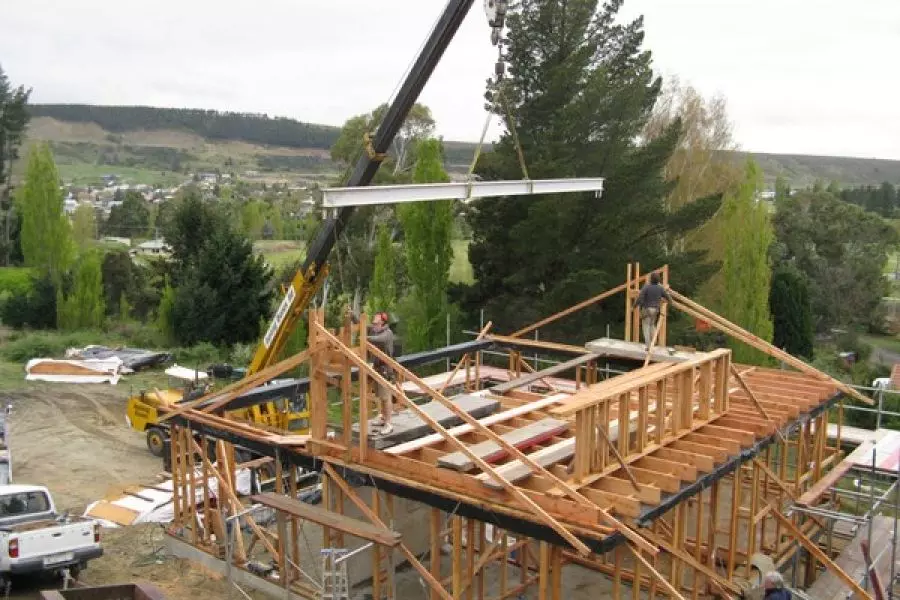News
Decline in building consents

Monday 29th of February 2016
The latest Statistics New Zealand consent data shows that Canterbury consented 289 new dwellings in January 2016.
This was a drop of 38% as compared to January 2015.
Business indicators senior manager Neil Kelly said that, while January is usually a quiet month for building consents, Canterbury had the lowest January number in five years.
Canterbury’s trend for new...
Want to read the full article?
Click the button below to subscribe and will have unlimited access to full article and all other articles on the site.






![[The Wrap] Bye Bye Bayly](https://goodreturns.publit.io/file/c_fill,w_900,h_600/39f23ac1-f7c7-4854-b700-a150004ebbac.webp)


